If the Albanese regime is handing out ‘voices’ this year, it might start by giving one to the silent majority that is almost totally unrepresented in parliament and media. But it won’t because minority governments don’t want to hear what people who didn’t vote for them think of their policies.
That would include their policy on the Voice with a capital V, which, if it gets through a referendum, will supposedly keep federal parliament informed on ‘national matters of significance to Aboriginal and Torres Strait Islander peoples’. Translated, this means the views of pushy activists who arrogate to themselves the right to speak on behalf of Aborigines and Torres Strait Islanders.
Part of the purpose of the Voice, according to its advocates, is to be a ‘unifying force’ to heal the racial divisions between Australians. That, presumably, is why the Voice is to represent only one lot of Australians and be paid for by the other. It is also why the substantial racial unity that already exists in this country, with the majority of Aborigines assimilated into living the same westernised life as everyone else, is being put at risk by setting up a separate Voice to remind them that they are ‘different’.
That doesn’t sound terribly ‘unifying’. One suspects that this Voice may not have much to say of a complimentary nature towards non-Aboriginal Australians. As for what it will say about our history, you could write the script yourself. If the Voice ever utters the term ‘First Fleet’ it will make it sound like a swear word.
Of course, voices come in all types and timbres. There is vox populi, vox dei, a voice respected by the federal government as long as the popoli is understood as not including the two-thirds of the country who didn’t vote Labor. There are the great voices of opera – Melba, Callas, Caruso, Pavarotti. There is the Voice of America, broadcasting in 40 languages.
What sort of Voice will be the one to speak for what its proponents persist in inaccurately calling our ‘first nations’? Well, talking of languages, there are apparently 120 among our various groupings of Aborigines. Will the Voice speak them all? In 24 hours of broadcasting that would mean five languages an hour. Confusing. You’d turn on the Voice to hear the news in Gadigal and halfway through it would switch into Tomandjeri. It would be difficult for listeners who were not polyglots to keep themselves informed.
This is to assume that the Voice would be like a radio or television channel. It could instead be a silent voice, composing written submissions to parliament, but shouty activists are unlikely to be content with that. No, audiovisual is the best way of making the Voice accessible to the whole nation. It would be like the ABC in that respect.
Yet the funny thing is that although the ABC claims to be a national broadcaster, three-quarters of the nation never turn it on.
How could the Voice avoid this pitfall of irrelevance? By the quality of its programs? Yet here again, there is the difficulty that the programs can be riveting but if they’re in one of the 120 tongues, the vast majority of Australians won’t be able to follow them. The only solution would be to broadcast in English, yes, the imported language of the Anglo invaders whose descendants continue to occupy land ‘never ceded’ and instead of handing it back think they can make amends by mouthing empty ‘acknowledgments’ of what they have the nerve to describe as traditional ‘owners’, while making sure the really valuable bits are still owned by themselves.
The Voice would need to find programs that attract ratings but don’t attract controversy, to avoid discontented audience members switching off in droves the way they do with the ABC. A Voice Q+A, for example, would have to be non-adversarial – hang on, that’s what the ABC already does, doesn’t it, with its stacked panels and studio audience? That gets plenty of criticism so to be non-controversial the Voice’s version would have to be even more non-adversarial. Instead of Q+A, it could be called JSU+A, for ‘just shut up and agree’.
For other programs there’s the whole canvas of Aboriginal life and lore to draw on for inspiration. Indigenous cooking is all the rage said Bella d’Abrera in this magazine in November, writing about a restaurant in Melbourne that offers nothing else – so a series on ‘101 ways with witchetty grubs’ or ‘sugar ants for gourmets’ could prove popular, as well as being a valuable introduction to the diet our ‘Great Reset’ overlords are plotting to impose on us to save the world from climate change. Or a version of Who Do You Think You Are? with celebrities who ostentatiously present themselves as Aboriginal, explaining how having four British or European grandparents is perfectly consistent with their indigenous ‘identity’.
What about a documentary on indigenous architecture presented by ‘Professor’ Bruce Pascoe? Too few of us are aware of the breathtaking, but sadly now vanished stone edifices he writes about so eloquently. Visuals might be hard to come by, but surely the chiselled, abundantly bearded features of the ‘Professor’ are monumental enough to occupy the screen for an hour. Rites of passage would be another fascinating subject, with graphic footage of initiation ceremonies, showing, in the interests of ‘inclusion and diversity’, females and ‘trans’ folk as well as males having their teeth knocked out.
Still, with recessions looming, perhaps the Voice should be implemented more economically by giving a megaphone to someone like Noel Pearson or Marcia Langton and stationing them in the public gallery of the House of Representatives to blare their opinions down at the assembled members.
Got something to add? Join the discussion and comment below.
Get 10 issues for just $10
Subscribe to The Spectator Australia today for the next 10 magazine issues, plus full online access, for just $10.
You might disagree with half of it, but you’ll enjoy reading all of it. Try your first month for free, then just $2 a week for the remainder of your first year.

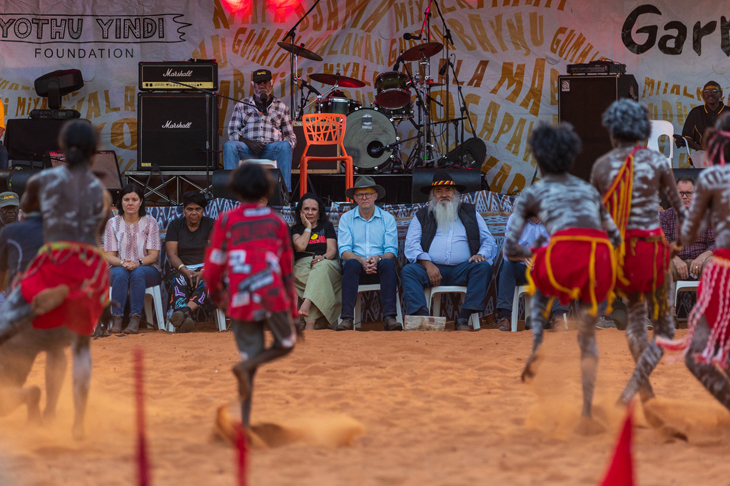


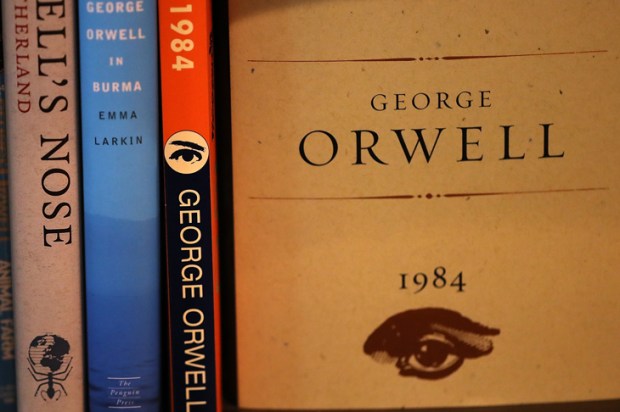
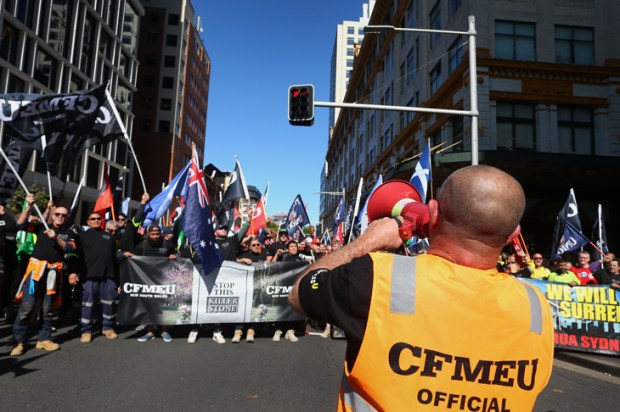
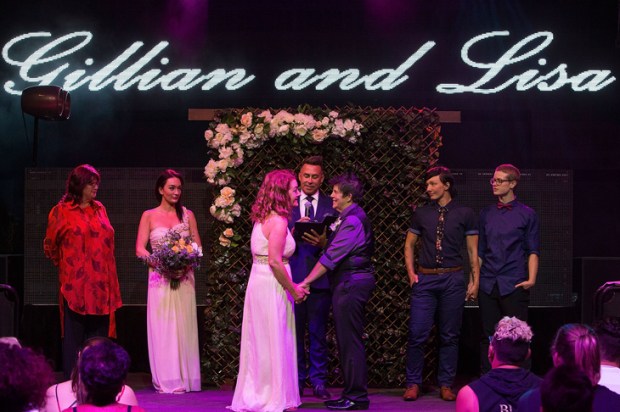
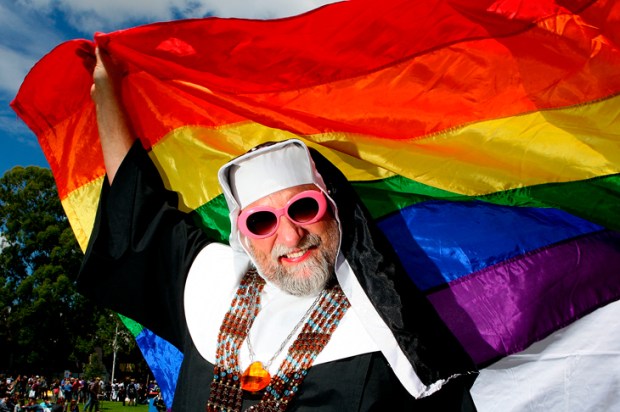






Comments
Don't miss out
Join the conversation with other Spectator Australia readers. Subscribe to leave a comment.
SUBSCRIBEAlready a subscriber? Log in